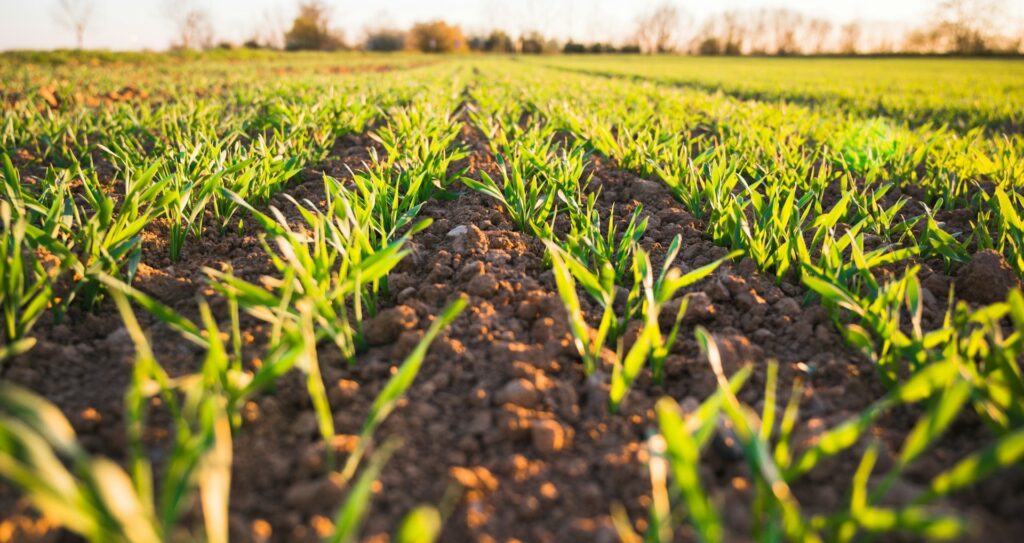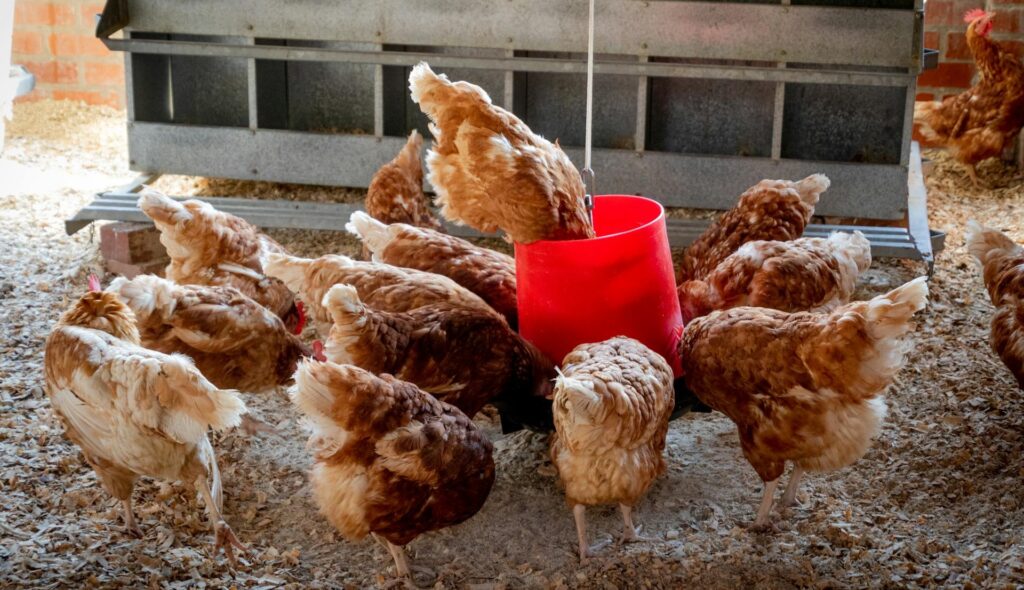“Po-ta-toes – boil ‘em, mash ‘em, stick ‘em in a stew!” Samwise Gamgee famously told Gollum in the The Lord of the Rings epic movie trilogy.
But had he been aware of the true potential of the beloved tuber, Sam the gardener may well have produced an extended edition of his recipe list.
Israeli startup PoLoPo is using molecular farming (creating useful proteins inside plants) to get potatoes to cultivate egg white protein – planting, growing and harvesting the modified vegetables as usual, before extracting the protein and turning it into powder for use in commercial food production.
And according to the startup, it could help the issue of food security as the world gets hotter and more populated.

The company creates ovalbumin (the main protein in egg white) from open source sequencing and using its new proprietary SuperAA platform, inserts it into the potato, PoLoPo co-founder and CEO Maya Sapir-Mir tells NoCamels.
“One of the most important things for us is that the plant itself grows normally,” Sapir-Mir says.
“Firstly, so that the farmers know how to [handle] the crop, and so that we don’t affect the growth factors – the timing and the length of the growth and the yield,” she explains.
In fact, she says, the modified version is almost identical to growing unmodified potatoes. The main difference is that while potatoes are usually mainly laden with starch, the modified ones also contain the egg protein.
“Sometimes they also look a little different – they’re not specifically round,” she says. “But it doesn’t affect the growth of the plant.”
Sapir-Mir explains that the process of extracting the protein from the harvested potatoes is also very similar to the long-established process of extracting starch from them.
In fact, she says, this is one of the reasons why the company chose to work with potatoes. The only real difference is that the created protein is more delicate than starch and so more care must be taken in the extraction process.
Once the potatoes are harvested, they are crushed to produce the juice from the liquid-dense vegetable (both cooked and raw potatoes are more than 75 percent water).
The starch is extracted first from what Sapir-Mir says is called the “potato juice,” leaving behind a mixture made up of the egg white protein and the potato’s own protein.
And while the potato’s protein content is lower than ovalbumin, the US National Center for Biotechnology Information describes it as being of good quality, with high biological value.
Once extracted, the company transforms the protein into a powder, which can then be sold on an industrial scale for use as an ingredient in food. PoLoPo is strictly a B2B company, Sapir-Mir says.
Sign up for our free weekly newsletter
SubscribeAccording to the Allied Market Research organization, the egg protein market is set to reach an annual worth of $38.9 billion by 2026. Its industrial value lies not just in its nutritional value but also in its use as an emulsifier, thickener and gelling agent. It is also used in animal feed and cosmetics, the organization says.

PoLoPo, which is based on Kibbutz Gan Shlomo in central Israel, was created by Sapir-Mir and co-founder and CTO Raya Liberman-Aloni in 2022. The name translated from Hebrew means “here, not here” – a reference to growing proteins in an unexpected location.
“I knew plants are amazing factories,” says Sapir-Mir, who specializes in metabolic engineering in plants and, like Liberman-Aloni, has a PhD in plant sciences.
“For me, it was so obvious that what we needed to do was make the plants into factories for producing protein.”
The partners did not initially settle on working with potatoes, Sapir-Mir says, pointing out that other companies are doing similar work with creating protein in seeds and even tobacco plants. The other companies, however, are developing entirely plant-based technology and not using egg protein.
When the idea of using potatoes came up, everything fell into place, she recalls.
“All the [extraction] processes are already there,” she says. “It has an amazing yield in the field. It’s a relatively cheap crop to grow – we grow it all over the world in almost any climate. It’s an amazing crop to work with and we believe it can be very cost effective.”
Beyond the accessibility and yield, Sapir-Mir maintains that growing proteins inside potatoes is a sustainable, environmentally friendly solution to food insecurity – in particular the dairy farming of which egg production is a part. The farming industry consumes enormous resources to produce food, resources that she says could and should be used to feed people directly.

Not only does the egg protein require no more resources than land that would already be growing potatoes, but it also has no animal content at all, making it suitable for vegans.
“We are not touching animals at any stage, we just use the [protein] sequence,” she says.
The company has received investment from around the world, including the US and Europe as well as Israel. And while it will take another couple of years until it is ready to be marketed, PoLoPo has already begun pilot schemes in Israel and is working with food companies to decide on how best to use the potato-grown protein commercially.
Sapir-Mir says that the company plans to set up shop in the United States next year, with an eye on marketing the protein there in 2026. And to do that, PoLoPo will need approval from both the United States Department of Agriculture (due to the genetic modification involved in the process) and the Food and Drug Administration.
She says that these processes are already underway, helped by the fact that the US understands that there will be no food security without genetic modification and by the fact that potatoes are seen as a grass and generally recognized as safe.
“I believe that eventually we will need more effective ways to produce our food,” Sapir-Mir concludes, “and this is one way to do that.”
Related posts

Editors’ & Readers’ Choice: 10 Favorite NoCamels Articles

Forward Facing: What Does The Future Hold For Israeli High-Tech?

Impact Innovation: Israeli Startups That Could Shape Our Future




Facebook comments